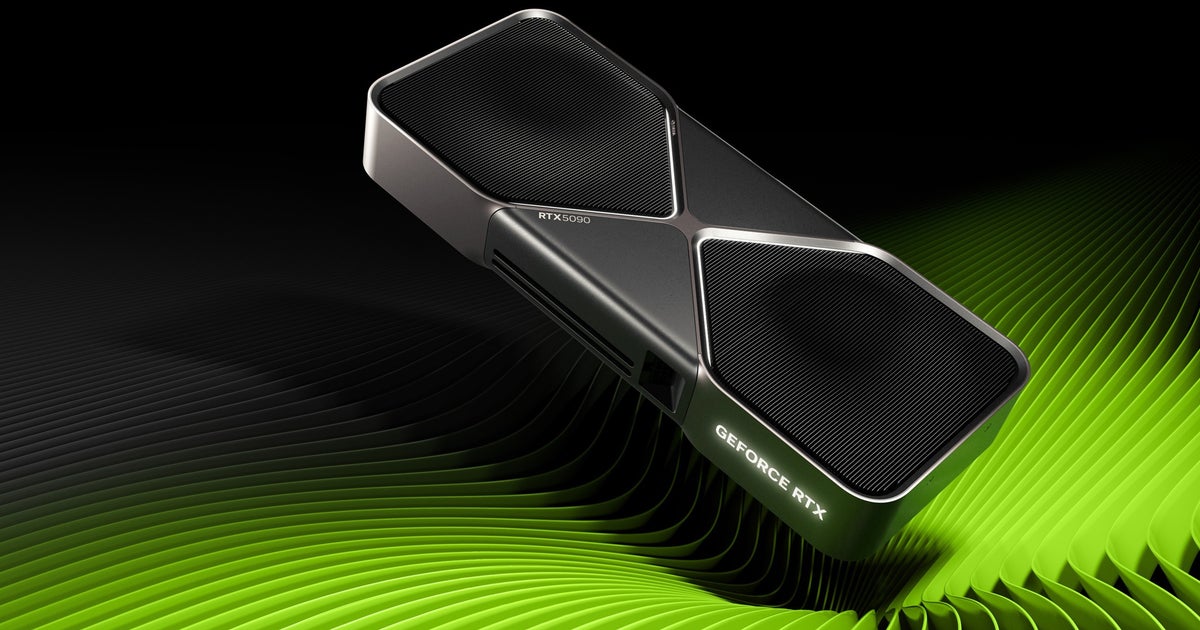Yeah, with my 7950X3D/4090 setup, I've found that CPU bottlenecking at 4K is almost as common as GPU bottlenecking. Even in a game that is mostly GPU limited, there'll often be some parts that are CPU limited.I'm CPU bottlenecked in quite a few games I play. Turns out hitting 240fps at 4k requires a monster CPU, who knew?!.
Even the 9800X3D cannot do it in every multiplayer game I play. I will happily turn down graphical settings and use DLSS performance in a fast paced game to get close to 240fps on the GPU side, but there is zero scaling in games on the CPU side. Hence my slightly odd decision (to many) to upgrade from a 7800X3D to 9800X3D.
I remember playing Resident Evil 4 remake on a 5800X3D/4090, there were certain parts that just dropped drastically. Lowering the resolution didn't help at all. But those drops were solved almost completely, when I upgraded to the 7950X3D. Yet, when you go on reddit, most people there said that upgrading from a 5800X3D were pointless for 4K gamers.





